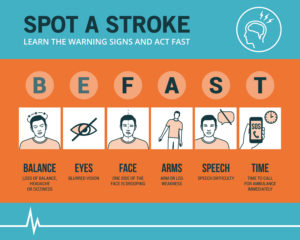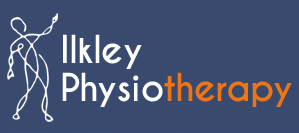
Stroke, also known as a brain attack, is when poor blood flow to the brain results in cell death. There are two main types of stroke: ischemic, due to lack of blood flow, and hemorrhagic, due to bleeding. Either result in part of the brain not functioning properly.
The injury to the brain caused by a stroke can lead to widespread and long-lasting problems. Although some people may recover quite quickly, many people who have a stroke will need long-term support to help them manage any difficulties they have and regain as much independence as possible.
How Ilkley Physio Will Help Your Stroke Rehab
This process of rehabilitation will be specific to you, and will depend on your symptoms and their severity. It will often start while you are still in hospital and will continue at home or at a local clinic in your community once you are well enough to leave.
Each assessment begins with the individual in the comfort of their own home. They can then describe how their Stroke has affected them and their lives and what their goals are for the future. We will then assess them physically identifying the strength and weaknesses and together we will then develop a goal orientated treatment plan. This will involve education around the rehab process, a home programme, and regular physiotherapy input. We will also recommend or loan small equipment e.g electrical stimulation units, Saebo poles, or Active hands as an adjunct to the therapy programme.
Here’s what Leily had to say about her husband’s experience with Ilkley Physiotherapy:
“When my partner Colin had a massive stroke nearly seven years ago he left hospital needing carers 4 times daily and they had to use a hoist to move him from bed to chair. We arranged for weekly visits from Ilkley Physiotherapy, first with Jane and after a few months with Hetty who still treats him now.
Due to their expertise, care, advice and encouragement he was able to walk with assistance and the use of a walking stick within a few months. He has improved steadily from then on and is able to live a more active life than we ever dreamed would be possible again. Read More >>
Get in touch if you recognise any of these symptoms and one of our team will get back to you to see how we can help.
